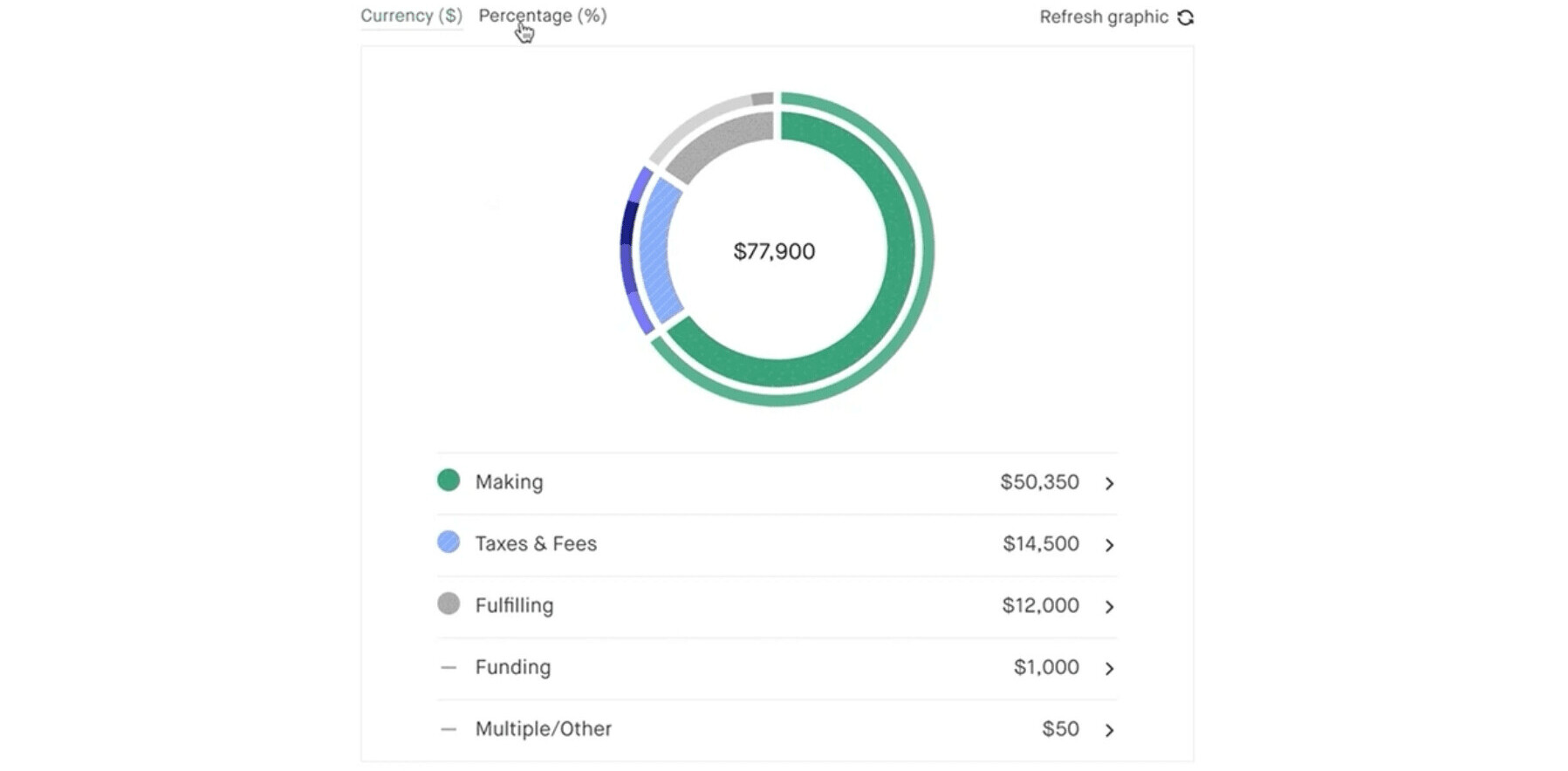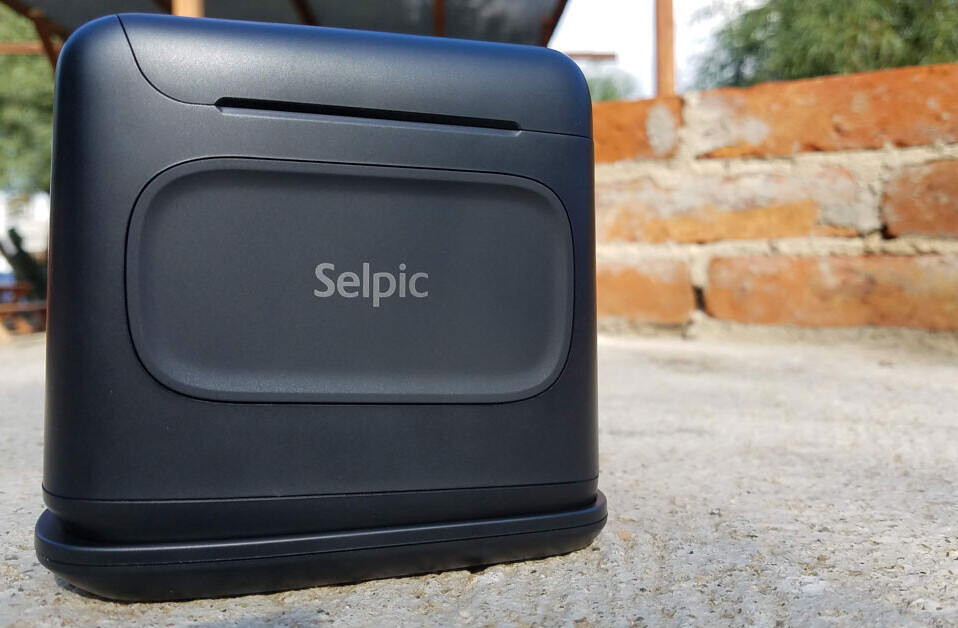
Back in July of last year, the popular web comic Penny Arcade launched a Kickstarter campaign to take its site completely ad-free for a year. The campaign didn’t meet its full $1M stretch goal of ‘zero ads at all’ but it did take the homepage free of ads for 2013.
While some folks complained that there was no real point to shoveling money at the site just for the pleasure of not seeing a couple of banners, there was another goal behind the campaign.
“Honestly if this Kickstarter doesn’t work nothing here will change,” said co-founder Mike Krahulik in a post announcing the campaign. “The reality is that we can continue working for advertisers but if we can, we’d rather work for you…There’s a lot to this idea including new projects from Tycho and I as well as some really cool rewards for backers.”
If, founders Krahulik and Jerry Holkins figured, they could settle revenue from those ads up front, they could dedicate the effort that would have gone into selling those slots to producing content for the site’s visitors.
One of the biggest stretch goals for the campaign was the funding of a new reality show called Strip Search that would sort through a set of web comic artists to discover the ‘next big talent’. The show will present a cast of 12 artists as they compete for the chance to produce a strip series promoted by the Penny Arcade empire.
It will be shot by the team behind Loading Ready Run and starts this Friday at Stripsearch.tv.
Penny Arcade gained popularity on the basis of the founders’ acerbic wit and honesty when it came to games and Internet culture. It has spawned an ongoing documentary series about running the organization, which in turn led to a full-on TV network that hosts other shows. They now host two gaming conventions that rival E3 in size, one on the west coast and one in Boston. And that’s not even counting the card games, actual RPG games and comic projects based on the brand.
There is also the hugely successful Child’s Play Charity which has raised millions to supply sick children in hospitals with games and toys.
I reached out to ask a few questions about Strip Search and how the Kickstarter experience worked out.
TNW: Why a reality show? Love of the genre or a desire to generate exposure for great comic artists or both?
Mike Krahulik: Both actually. I’d say we’re all big fans of reality TV here at PA. We’ve seen plenty of good shows but never anything that focused on cartoonists. It’s a chance for us to make a fun show but also draw attention to a lot of new talent. It’s a big web out there and it can be hard for an up and coming web cartoonists to really break through all the noise. I think Strip Search can shine the light on some really incredible talent.
TNW: Monetarily, was the campaign a wash for the site for ad sales or did you take on part of the cost burden of ditching those ads to go through with their removal?
Krahulik: It was not a wash. We could have made more money off the ads but we were willing to take a small hit to for the sake of the experiment.
TNW: Has your experience so far with shoveling efforts towards projects, rather than ad sales, made you want to try something like this again this year?
Krahulik: Yes absolutely! I think going forward though we will break some of these projects out into their own individual fund raisers. Things like the DLC podcast or Lookouts should probably be their own Kickstarter rather than part of a larger effort.
In addition to being a modern version of the donation model that kept Penny Arcade alive during its early years, the Kickstarter campaign has drawn a lot of attention as a way to dance around the relatively static mechanics of the advertising-based Web.
While the majority of the industry has settled its large haunches onto the firm but threadbare throne of pageview-based ad sales, there are a few sites out there doing things a bit differently. The Wirecutter, a site that produces recommendations for technology products based on expert research, is one example. The Wirecutter subsists almost entirely on well-disclosed affiliate links to Amazon and other sites.
Its founder, Brian Lam, built the business outside of the standard ad model and outside the pressure of page-views. I was tired of doing posts that were obsolete three hours after I wrote them,” Lam recently told The New York Times. “I wanted evergreen content that didn’t have to be updated constantly in order to hunt traffic. I wanted to publish things that were useful.”
Firing up a Kickstarter campaign to take Penny Arcade ad free might look like a way to take a paycheck up front, rather than having to sell ads all year (and it is). But it’s also a site opening the door to other avenues of making money and producing content.
The pitch in the original campaign was that PA was ‘selling out’ to its readers, rather than to advertisers. If Strip Search is a hit, and spawns other crowd-funded projects which are also demonstrably successful, this kind of user-centric selling out could end up being a real trend, rather than a series of isolated incidents.
Get the TNW newsletter
Get the most important tech news in your inbox each week.





